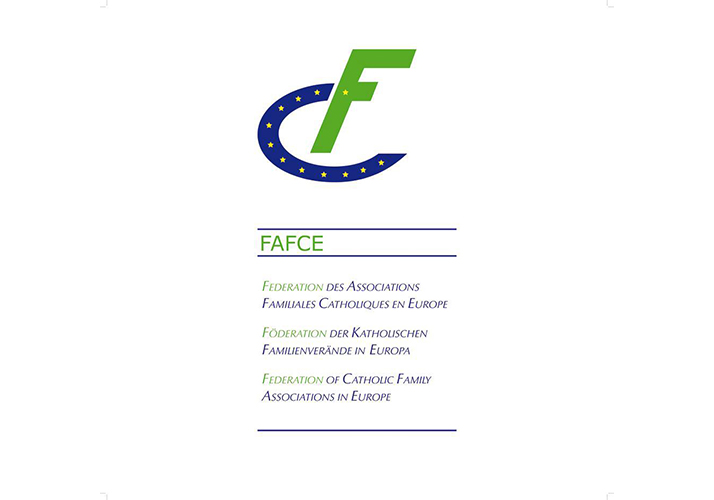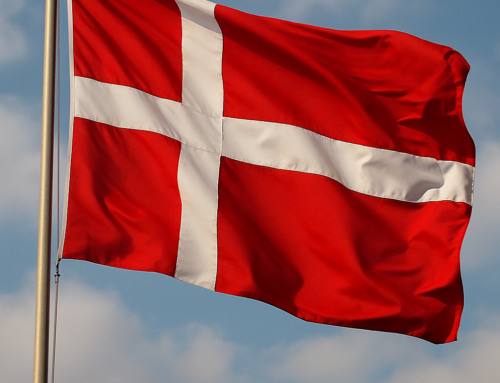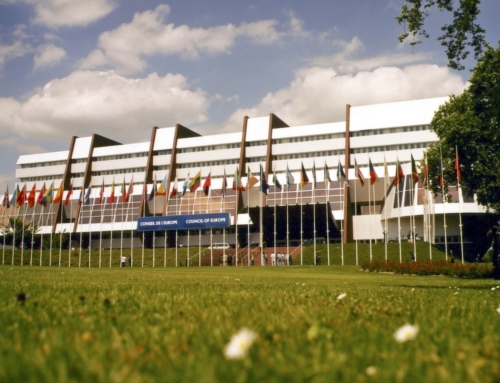As the Parliamentary Assembly of the Council of Europe is about to discuss and vote a report entitled ‘Women’s access to lawful medical care: the problem of unregulated use of lawful conscientious objection’, Care for Europe, the European Centre for Law and Justice and the Federation of Catholic Family Associations in Europe, three European NGOs promoting the respect of Human rights, wish to recall the importance of freedom of conscience, namely for medical practitioners.
Freedom of conscience is a fundamental right protected by the European Convention on Human Rights (art. 9), the very first Convention of the Council of Europe that celebrates its 60th birthday this year. It is the foundation of all our freedoms and one of the values usually promoted by the Council of Europe.
During a hearing organised in the Council of Europe on 6 October by the three NGOs aforementioned, Dr Andrew Fergusson, a former Chairman of the Professional Conduct Committees at the UK General Medical Council, underlined that every medical practitioner has a professional duty and that “ever since Hippocrates, the practice of medicine has been founded in a number of core ethical values. Practising good medicine is a moral activity and not just a technical one. The foundational values of medicine are part of physicians’ understanding of who they are and they have provided the basis for historical codes of
medical ethics, such as the Hippocratic Oath, the Declaration of Geneva, and the UK General Medical Council’s Good Medical Practice. These core ethical values become part of the physician’s understanding of who they are and what they have entered medicine for. They are central to the doctor’s self identity. And when a person is coerced by employers, or by the power of the state, to act in a way which transgresses these core ethical values then their internal moral integrity is damaged.”
The second speaker, Spaniard Javier Borrego Borrego, former judge at the European Court of Human Rights emphasized that freedom of conscience is a fundamental right and that its restriction is “in contrary to the European Convention on Human Rights and the jurisprudence of the European Court of Human Rights”. He also said that he does “not understand that a text that addresses fundamental rights was drafted only by the Commission on Social issues, health and family. The text is a symptom of the increasing frivolity of the Parliamentary Assembly on important issues that should be dealt with much more seriousness and professionalism. The “fundamental rights” should not be an ideological hostage and
instrument.”
A restriction of conscientious objection in health care is a threat for the fundamental freedoms in Europe. The proposed text also breaches the principle of subsidiarity, a fundamental value with regard to democracy in Europe, yet another mission of the Council of Europe. Care for Europe, the European Centre for Law and Justice and the Federation of Catholic Family Associations in Europe call on the Parliamentary Assembly to respect the very same values that are the foundation and the mission of the Council of Europe.







